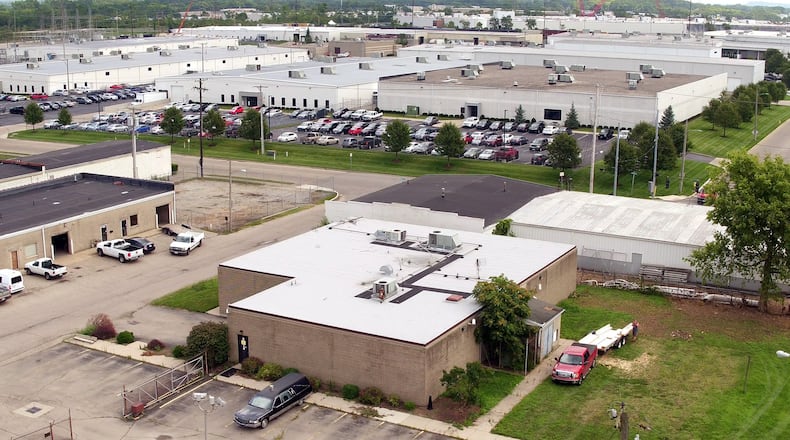Norwood Medical says it expects the crematory will have odors and its operations would negatively affect the company’s manufacturing of sterile medical supplies, because one of its properties is so close by.
But multiple people in the funeral and cremation industry, including the maker of the crematory machine, say there will not not be smoke or odor and most people cannot tell when a crematory is in operation nearby.
“They’ll never know it’s even there,” said Ernie Kassoff, national sales manager of Medina-based Facultatieve Technologies, which makes the machine. “The state wouldn’t let us put it in if it smoked or smelled.”
Norwood Medical has filed a legal action that asks the Montgomery County Common Pleas Court to reverse a June 25 decision of Dayton zoning board. Norwood wants a variance vacated that the board approved for Adam Dwyer to open a crematory at 1946 Lindorph Drive.
Norwood Medical’s administrative appeal claims the board wrongly concluded that there was a “preponderance of reliable, probative and substantive evidence” to support the variance.
Last month, Brian Hemmelgarn with Norwood Medical told the zoning appeals board the crematory use does not fit the location, and his company owns a building just 15 feet away.
Hemmelgarn said he was worried about what would happen to the air and image of the area if anything goes wrong at the crematory, according to zoning board meeting minutes.
The area is zoned I-1 light industrial, which does not permit crematoriums. But they are allowed in I-2 zones — one of which is only 110 feet away from the Lindorph Drive property.
Dwyer told the board he was investing in a new, high-tech machine. Dwyer has worked as an embalmer for more than 20 years and now runs a transport service for funeral homes.
Brian Gamage, U.S. Cremation Equipment’s director of marketing sales, told the board crematories’ emissions are monitored by the Ohio Environmental Protection Agency and the machines may produce “hot waves” but not smoke or odor.
Dwyer’s cremation machine is about 6 by 12 feet and will be housed in a garage section of the building.
The cremation oven is smaller than most automobiles and cremates one body at a time, according to a city of Dayton staff report.
Dwyer is buying a cremation machine that produces far less carbon monoxide than a diesel-powered leaf blower, lower VOC levels than dry-cleaning machines and less particulate matter than a household fireplace, said Kassoff.
The not-in-my-backyard reaction is common when it comes to crematories, but modern machines do not create the pollution and smoke that community members worry about, Kassoff said.
“The machine Adam has purchased is the Cadillac or Tesla of cremation equipment,” he said. “There is more smoke and smell that comes out of a fast-food restaurant than does come out of our machine.”
About the Author

